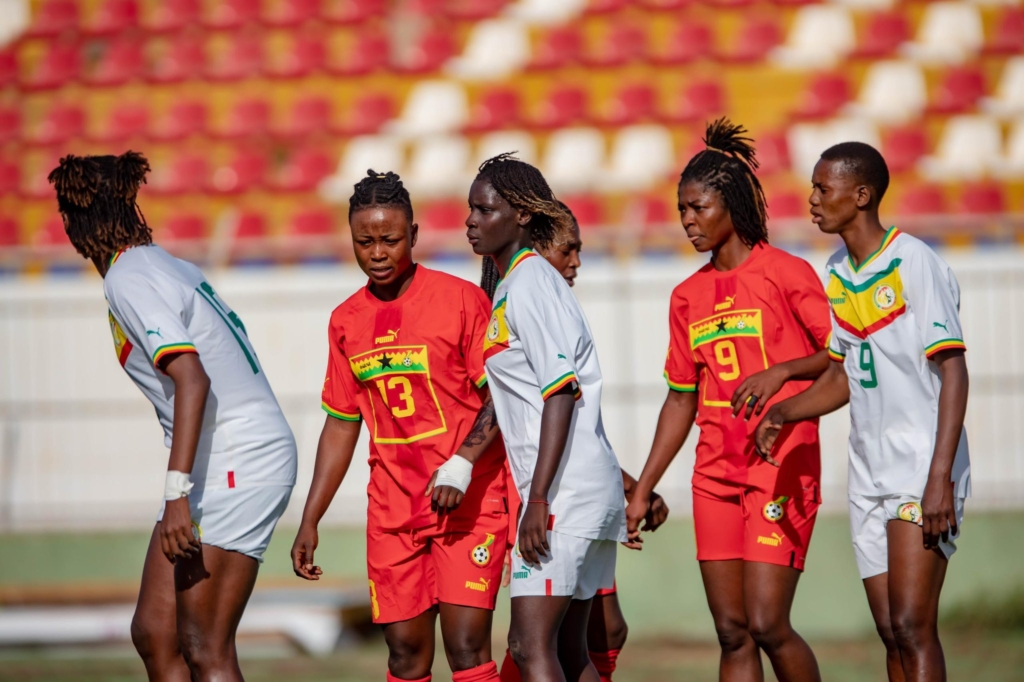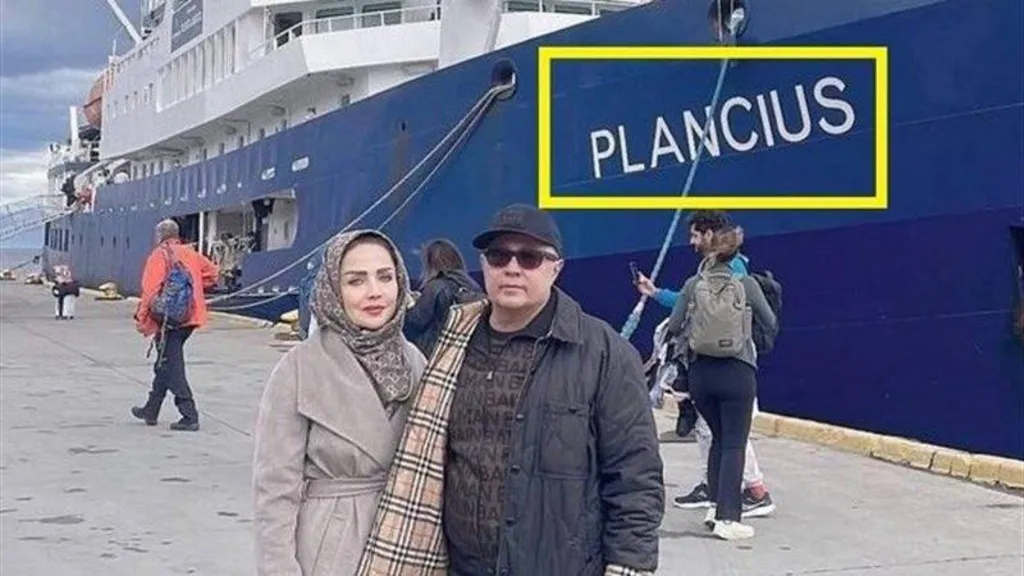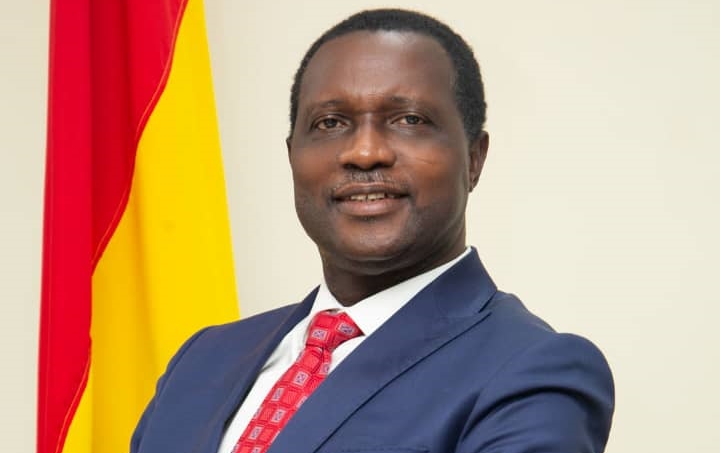ARTICLE AD
The President of the Ghana National Association of ADR Practitioners (GNAAP), Mr Daniel Owusu-Koranteng, has urged graduands of the Professional Executive Master in Alternative Dispute Resolution (PEMADR) course to uphold the ethics of their profession as they graduate.
Speaking at the graduation ceremony organised by the Institute of Paralegal Training and Leadership Studies (IPLS) at Amasaman in the Ga West municipality on Saturday, Mr Owusu-Koranteng noted that failure by Alternative Dispute Resolution (ADR) Practitioners to adhere to ethics had contributed to the country’s economic challenges despite the enormous natural resources it was blessed with.
Citing provisions of the Minerals and Mining (703), 2006, Mr Owusu-Koranteng highlighted poor leadership and a weak regulatory framework of the mining sector as contributory factors to the economic challenges of the country.
“As Mediators, your reputation can take to unimagined heights. Unfortunately, it has become the norm for people to throw reputation, honesty and dignity to the dogs in pursuit of wealth, and that is the reason for our economic challenges despite the enormous natural wealth of gold, diamond, bauxite, timber, and oil,” he outlined.
“Our political leaders, especially the people we have elected as our representatives to protect the interest of current and future generations have failed to provide honest leadership to protect our God-given natural wealth and plunged us into bad contracts that have helped foreign interests to siphon our minerals out of the country and left us with the excrements of mining”, Mr Owusu-Koranteng added.
Mr Owusu-Koranteng said Ghana needed an urgent moral reformation based on dignity, honesty and high level of reputation to protect and preserve its natural resources.
According to him, an ADR practitioner who did not value the ethics of his profession such as neutrality, confidentiality and honesty became a threat to society.
To this end, Mr Owusu-Koranteng implored the graduands to see the work of ADR as missionary work which could be likened to the work of other religious leaders who promoted peace through mediation and other ADR tools.
“As Professional ADR Practitioners, you are expected to have unblemished reputation and dignity. The ADR professional practice would expose you to very private and highly confidential information relating to disputation and you are expected to remember that if an ADR Practitioner loses his/her reputation what remains is bestial”, Mr Owusu-Koranteng said.
BY BENJAMIN ARCTON-TETTEY

 1 year ago
82
1 year ago
82 

